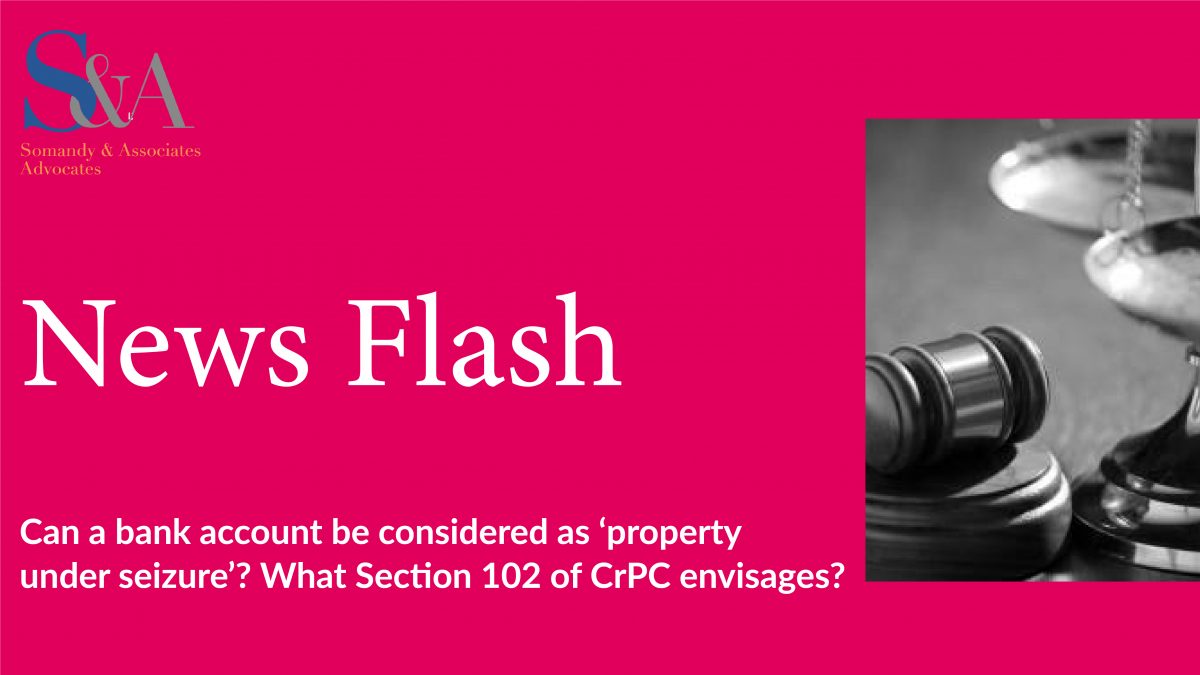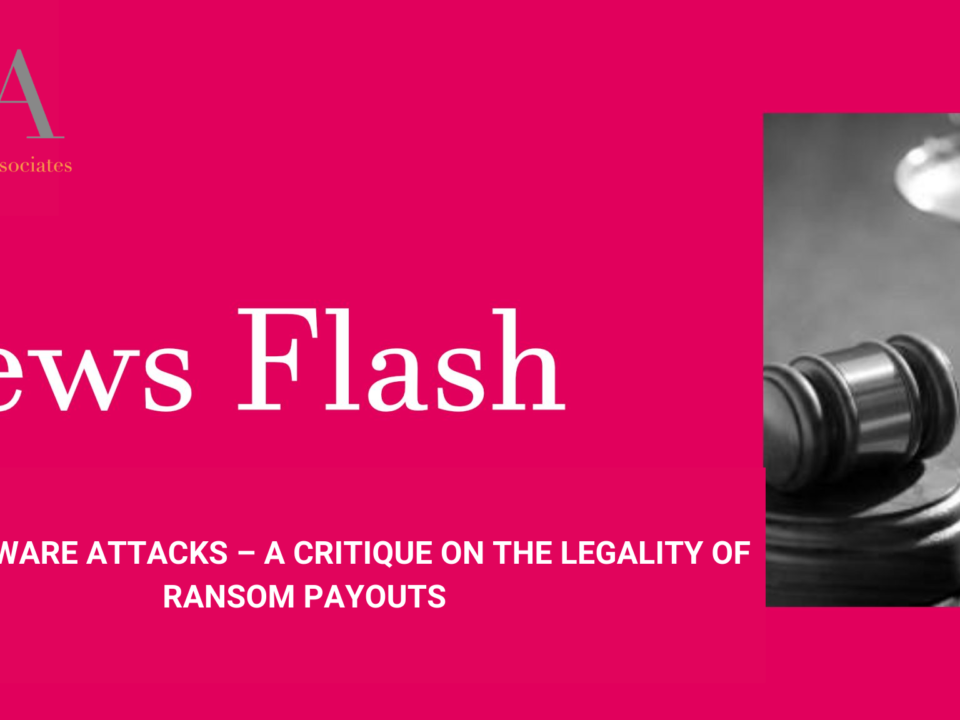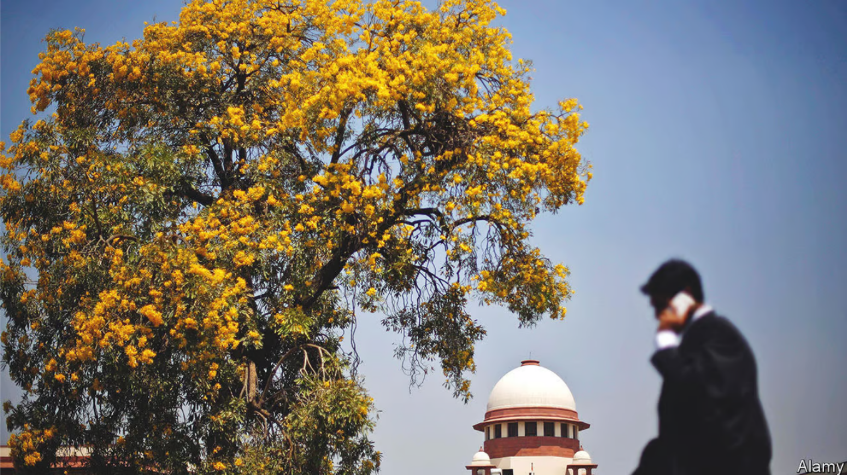
A Criminal Revision petition was filed before the Chhattisgarh High Court challenging the legality of the order dated 03.12.2020 in the case of Ramesh Kumar Sharma v. State of Chhattisgarh wherein the prayer of the applicant to defreeze the bank account was dismissed.
The facts of the case are that the applicant was charge-sheeted for trial in an offence under Section 13(1)(e) read with 13(2) of Prevention of Corruption Act, 1988. After framing of charge by the Special Court, the same was challenged and vide an impugned order dated 24.10.2019, the charges framed against the applicant were set aside and there was a direction to the Investigation Agency to comply with the direction of the High Court and obtaining a fresh sanction order. Consequently, some of the articles seized had been granted to the applicant on interim custody including passbooks of the bank accounts which were under seizure. However, the applicant was unable to operate the accounts, as there was no specific direction of the Special Court for operation of the accounts.
Under the aforesaid circumstances, the question that appeared for consideration before the High Court was whether bank accounts can be regarded as ‘property’ within the meaning of Section 102(1) of The Code of Criminal Procedure, 1973? Additionally, if freezing of such property under seizure is lawful?
In the present regime, the provisions of Section 13 (2) of the Prevention of Corruption Act, 1988 were brought to light. In matters of imposition of fine as per the said section, legislatures have provided that the Courts in fixing the amount of fine shall take into consideration the amount or the value of the property, which the accused person has obtained by committing the offence or where the conviction is for an offence referred to in clause (e) of sub-section (1) of Section 13, the pecuniary resources or property for which the accused person is unable to account satisfactorily.
Additionally, to arrive at a conclusion, reliance was placed upon the judgment of Supreme Court in the case of State of Maharashtra Vs. Tapas D. Neogy, wherein two mandatory conditions for the applicability of Section 102 CrPC were discussed- (a) there must be a ‘property’ and (b) in respect of that ‘specific property’ there must be a suspicion of commission of any offence. In the aforesaid matter, the Court was persuaded to take the view that if there is no order of seizure of the bank account of the accused then the entire money deposited in a bank which is ultimately held in the trial to be the outcome of the illegal gratification, could be withdrawn by the accused and the Courts would be powerless to get the said money which has any direct link with the commission of the offence. Therefore, the well-established principle was that bank account of an accused or any of his relation is ‘property’ within the meaning of Section 102 of the CrPC and a police officer in course of investigation can seize or prohibit the operation of the said account if such assets have direct links with the commission of the offence.
In light of the above, the High Court took the stance that the operation of the bank accounts cannot be permitted under such circumstances for the reason that the prosecution case against the applicant was pending. Moreover, it was held that the amount in the bank accounts which can be regarded as property under seizure, which has been acquired unlawfully, cannot be allowed to be disbursed or disposed.



